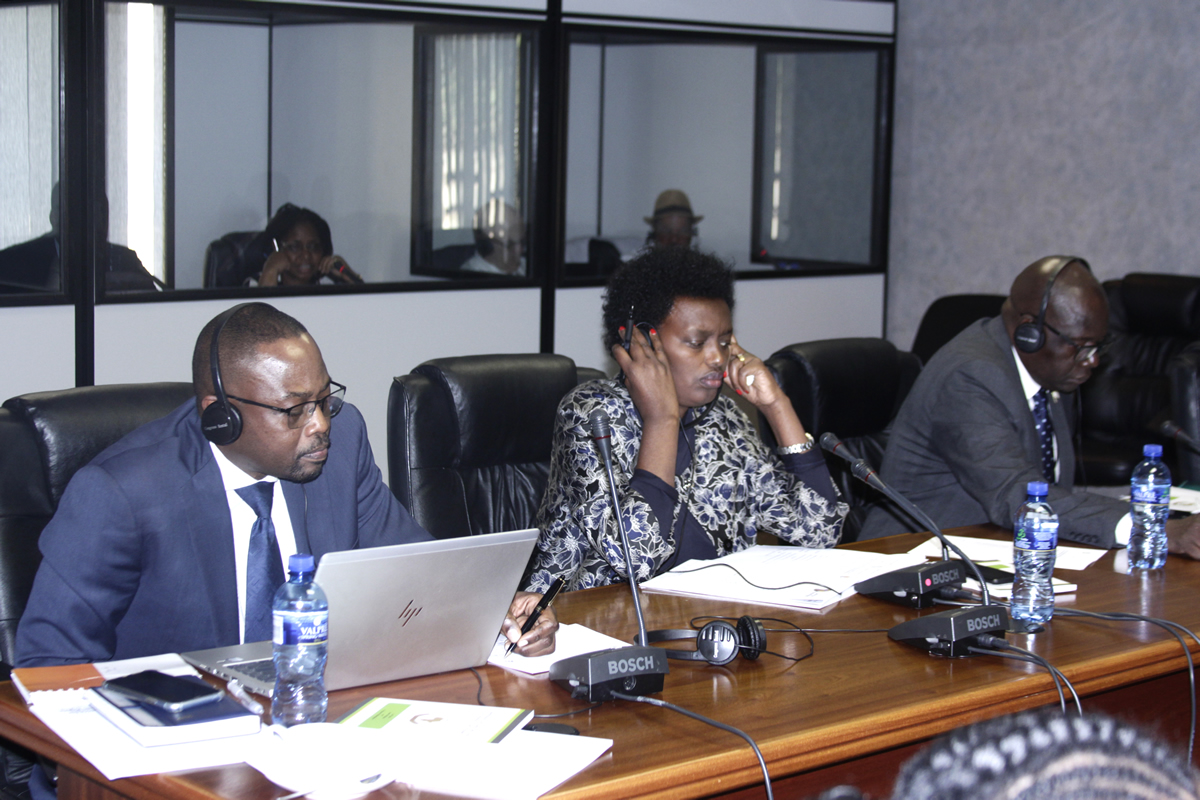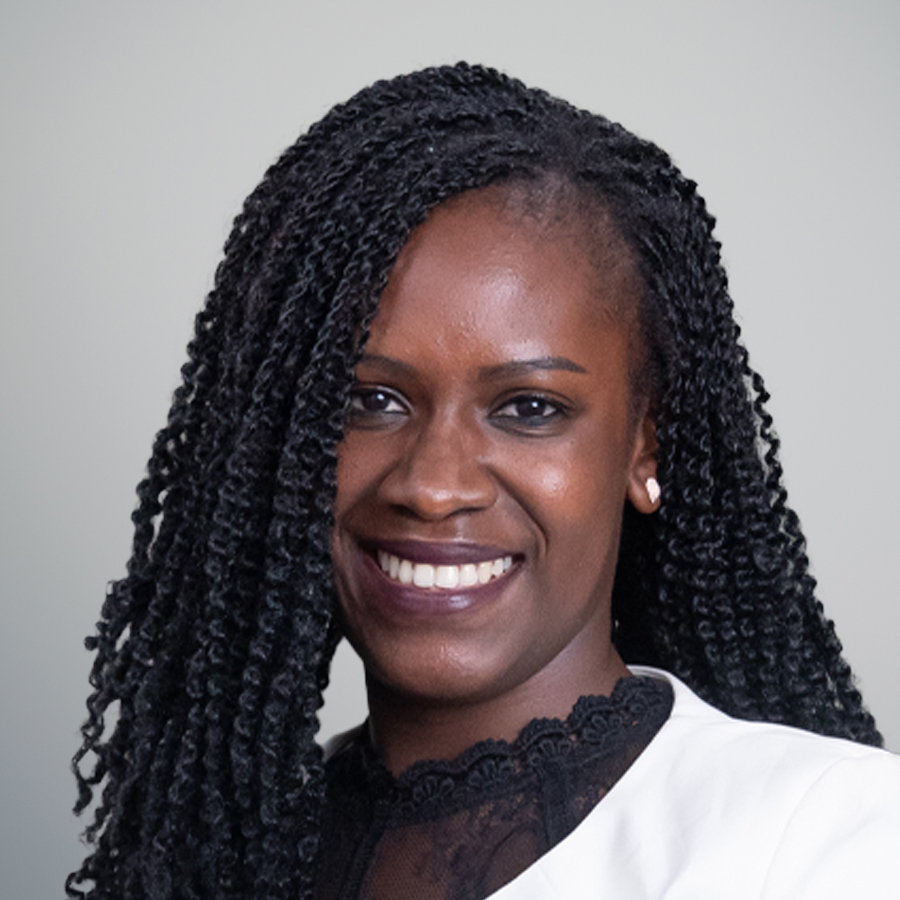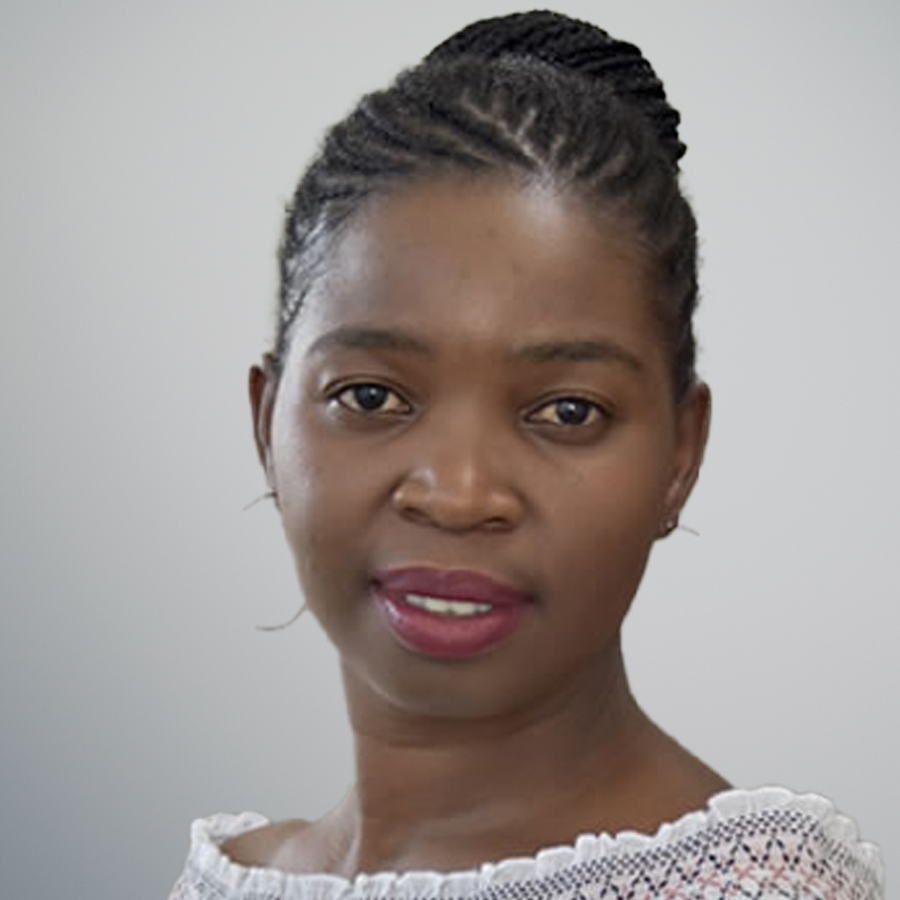On 6 August, 2019, the Democracy, Transparency and Digital Rights Unit at the Centre for Human Rights, University of Pretoria, in collaboration with the Open Society Foundations - Africa Regional Office (OSF-AFRO) attended a seating at the Pan-African Parliament (PAP) Committee on Justice and Human Rights to appraise the parliamentarians of the Guidelines on Access to Information and Elections in Africa. Further, the Centre sought to discuss the possibility of developing a Model Law on Access to Information and Elections under the auspices of the PAP, based on those Guidelines that the African Commission on Human and Peoples’ Rights adopted in 2017.
Hlengiwe Dube, from the Centre for Human Rights spoke broadly on the conception of the proposed initiative of developing the Model Law. She made particular focus on the importance of access to information in elections and the different roles of stakeholders as outlined by the Guidelines on Access to Information in Elections in Africa. Access to information is critical in the democratic process as it develops an informed electorate. More so, to foster meaningful participation, there is need to ensure that the electorate has access to credible, accurate and reliable information throughout the electoral cycle. Jeggan Grey-Johnson, the Advocacy and Communications Officer at the Africa Governance Monitoring and Advocacy Project of OSF added that while elections have become a common feature in emerging democracies, there is need to infuse greater integrity and transparency into these electoral processes through the effective realisation of the right of access to information. Dr Michael Cosser, a Chief Research Specialist at Human Sciences Research Council added to the presentation by giving a brief on a report that the Centre and some partners were developing on how South Africa’s 2019 general elections complied with the Guidelines.
While there is an appreciation of existing resolutions, principles, declarations and laws on access information, including a Model Law on Access to Information, it is necessary to focus on the realisation of this right during elections, which forms the cornerstone of the democratic process. It is in this regard that a Model Law on Access to Information and Elections is proposed to provide guidance on mainstreaming access to information in elections using the Guidelines on Access to Information and Elections in Africa. What is envisaged is the inclusion of access to information in elections in all laws that govern the stakeholders that are identified in the Guidelines on Access to Information and Elections in Africa including electoral laws.
Thus, the PAP, as the legislative body of the continent, whose mandate includes developing model laws, under its objective of promoting the principle of human rights and democracy in Africa, could provide guidance to member states of the African Union on legislating on access to information in the context of elections through this proposed Model Law.
The Committee was appreciative of the presentation on access to information and elections, particularly the analysis on the Guidelines. Members of Parliament expressed concern on issues associated with the information revolution in the digital age and its effect on the spread of misinformation and disinformation that may create tensions during electoral periods. Although the information revolution had weakened the capacity of governments to monopolise and control information accessible to the public, it was important for stakeholders to find strategies on ensuring information shared in digital platforms is accurate, credible and reliable. Marystella Simiyu, a doctoral candidate with the Centre responded to their concerns noting that the Centre has previously engaged with service providers such as Facebook on strategies to reduce misinformation and disinformation on their platforms. Further, she stated that attempts to regulate social media should ensure that legislation or policies promote and protect human rights, and any limitations should be provided by law, serve a legitimate aim, and are necessary and proportional. Tomiwa Illori, another doctoral candidate with the Centre added to this noting the benefits of social media in not only advancing essential human rights and fundamental freedoms such as freedom of expression and access to information but also in economic advancement and security. All these factors should be considered in regulatory decisions.
Honourable members of the PAP also called for increased advocacy strategies on the Guidelines and relevant laws, especially with Electoral Management Bodies (EMBs) as they play a central role in the administration of elections, together with other relevant stakeholders. Additionally, they called for further research on existing laws in the different jurisdictions in Africa on the extent they have integrated the provisions of the Guidelines, and how the proposed Model Law could add to this. It was hoped that this would be the beginning of sustained engagement with the PAP that would culminate in a viable draft of the Model Law. The Committee on Justice and Human Rights committed to further deliberate on the proposed initiative of a model law.
The engagement with the PAP is part of the Centre’s advocacy initiative in promoting the right of access to information as provided for under the African Charter on Human and Peoples’ Rights. This is further elaborated in other instruments such as the Model Law on Access to Information for Africa, the Guidelines on Access to Information and Elections in Africa and the Declaration on Principles of Freedom of Expression in Africa.
For more information, please contact:
Tel: +27 (0) 12 420 3810
marystella.simiyu@up.ac.za
Tel: +27 (0) 12 420 4199
hlengiwe.dube@up.ac.za




